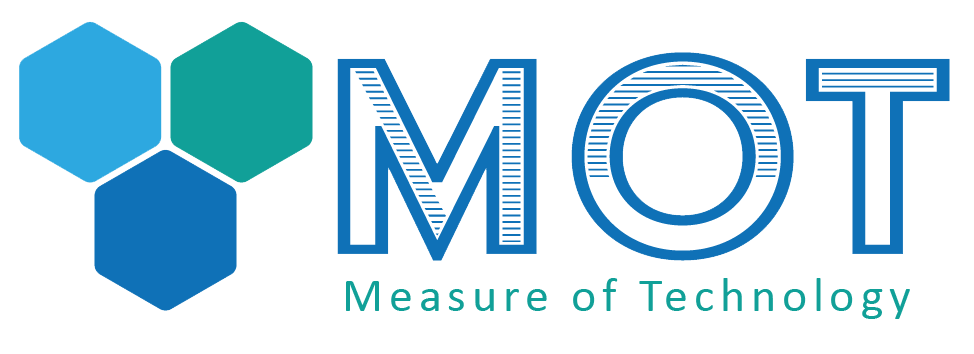Why Two-Factor & Multi-Factor Authentication Matter
by Jon Budzynski - Thu 11 Sep 20252FA and MFA add an extra layer of protection to online accounts, making it far harder for attackers to gain access—even if they have your password. These systems typically require a combination of something you know (your password) and something you have (a device or app code), or sometimes something you are (biometrics)
How 2FA/MFA Work... and Why They're Not Infallible
Most common methods include:
- Codes sent via SMS or email.
- App-based authentication (e.g. Microsoft Authenticator, Authy, Okta Verify).
- Hardware devices (security keys).
Some methods are more secure than others. For example, SMS codes can be intercepted or cloned, while authenticator apps and physical keys offer stronger protection.
However, as shown in our recent blog, sophisticated attacks often start with phishing emails, which can circumvent these defences. For instance, if an attacker accesses credentials stored in a vulnerable password manager, they may bypass both password and 2FA/MFA barriers.
The Growing Risk: Cybercriminals Are Adapting
The threat landscape continues to evolve. Attackers increasingly use advanced tactics such as targeted phishing and even AI-driven tools to bypass old security methods. Multi-factor authentication remains one of the most effective barriers, but it isn’t foolproof.
Steps to Strengthen Your Account Security
- Use authenticator apps or physical security keys; avoid relying solely on SMS-based codes.
- Never store 2FA codes or backup tokens in cloud-based password managers unless they’re securely encrypted.
- Be suspicious of unexpected emails and login alerts; always verify sender details.
- Regularly update account recovery details—and use strong, unique passwords alongside MFA.
- Educate staff and colleagues about phishing attacks designed to steal authentication credentials.
Practical Advice for Businesses
Multi-factor authentication should be part of every organisation’s cybersecurity toolkit, alongside regular system reviews and staff training. Cybercriminals will keep evolving, but a layered approach to security makes it much harder for them to succeed.
For practical guidance on implementing MFA or responding to account breaches, contact Mark One Consultants for tailored advice. Remember: acting quickly, using advanced authentication, and ongoing vigilance are essential for keeping your digital business safe in today’s threat landscape.


